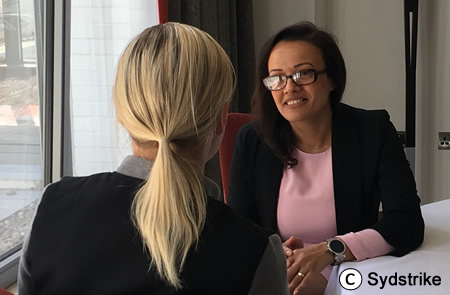 Communication Skills
Communication Skills
Communication is a wide area to cover. We design communication skills courses to suit individual needs of our clients. The following topics provide you with information to help you decide what is appropriate for your company. We will discuss your requirements with you and design a bespoke course or seminar for your company.
Topic |
Content |
Style |
||||||||||||||||||||||||||||
| Understanding communication |
|
Communication activity, group work and trainer input | ||||||||||||||||||||||||||||
| Choosing an appropriate medium |
|
Communication activity and group discussion |
||||||||||||||||||||||||||||
| Verbal communication |
|
Practical activities and small group discussions | ||||||||||||||||||||||||||||
| Listening skills |
|
Listening activity, fun listening test, listening skills check up, listening skills model and practice | ||||||||||||||||||||||||||||
| Emails |
|
Examining existing emails and analysing them, discussion and sharing to make email use more effective, tips and ideas from the trainer | ||||||||||||||||||||||||||||
| Non verbal communication |
|
Trainer input, activities | ||||||||||||||||||||||||||||
| Telephone skills |
|
Practical sessions with option of using telephone coach system, small group practise | ||||||||||||||||||||||||||||
| Written communication |
|
Various practical activities and exercises | ||||||||||||||||||||||||||||
| Communicating assertively |
|
Group work and plenary, assertive models, small group practice | ||||||||||||||||||||||||||||
| Meeting Skills (making meetings work) |
|
The duration and style is optional based on your needs, budget and time. We have programmes that involve:
We also provide a consultation service where our consultant will provide an audit of your meetings and/or communication and make recommendations for more improved and efficient ways of working |

Bespoke Training Courses The above course outline is provided as a sample. We tailor all our courses to suit your company's individual needs |
Take a look at how we can deliver these courses using FlexiBlend:
Click
here to request further information on this course
For more information, please contact Christina on 01642 760028
Or call Syd direct on 07966 486546
Or email info@sydstrike.co.uk











